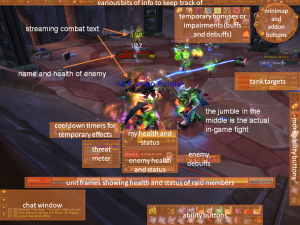I’m giving my first keynote talk at the Sam Houston Association of Computer Scientists FutureTech conference at Sam Houston State University in a couple of weeks! Here’s the abstract:
Transportation Games and Intentional Constraints
Games are about deliberately imposing obstacles on a task to make the task fun, challenging, engaging, rewarding. Yet this hasn’t been especially true with games about transportation. Instead, most transportation games, where players are building transportation infrastructure or managing the operations of a fleet of vehicles, attempt to simulate real-world logistics problems and often force players to manage them while still working under some sort of budget or using a limited resource. These simulations occupy enough of players’ cognition to satisfy their desire for challenge and reward. Simulations, by necessity, however, are only semi-real; they are incomplete systems, and finding solutions to their problems can sometimes blind us to other issues that aren’t included in the systems they portray. How can we be intentional about the constraints we design into games such that they are more inclusive? This keynote will cover the above (i.e., introduce the audience to games about transportation, examine systems in transportation games through a science and technology studies lens, and make an argument about inclusive design practices) while also describing the work Mark has been doing with the Gameful Design Lab at Pepperdine University and others. The audience might also be asked to play a game. 😉



